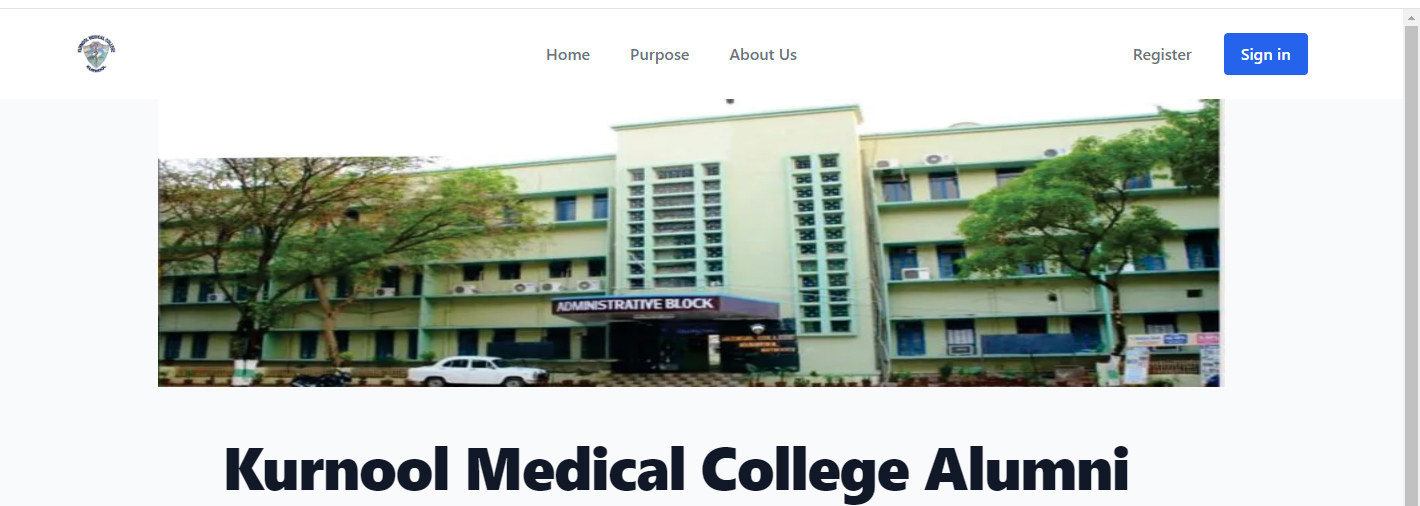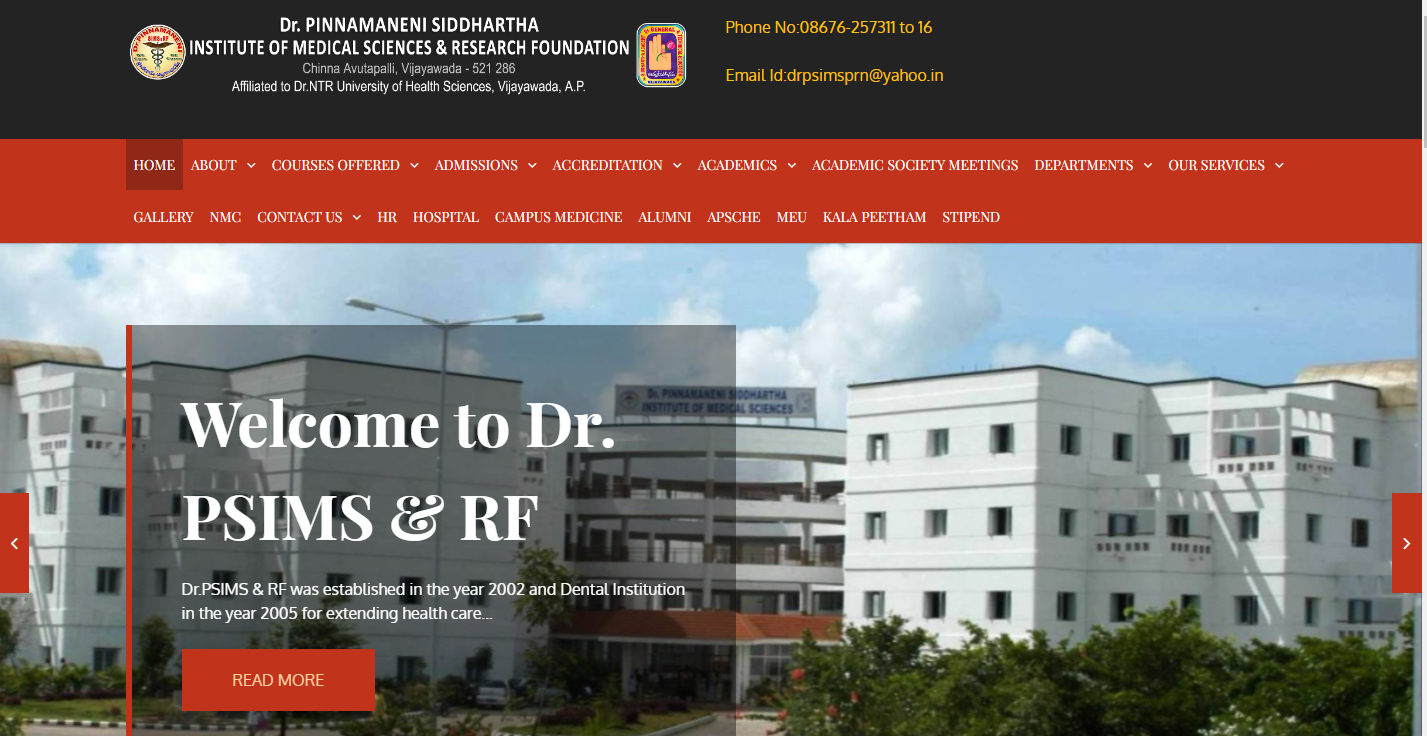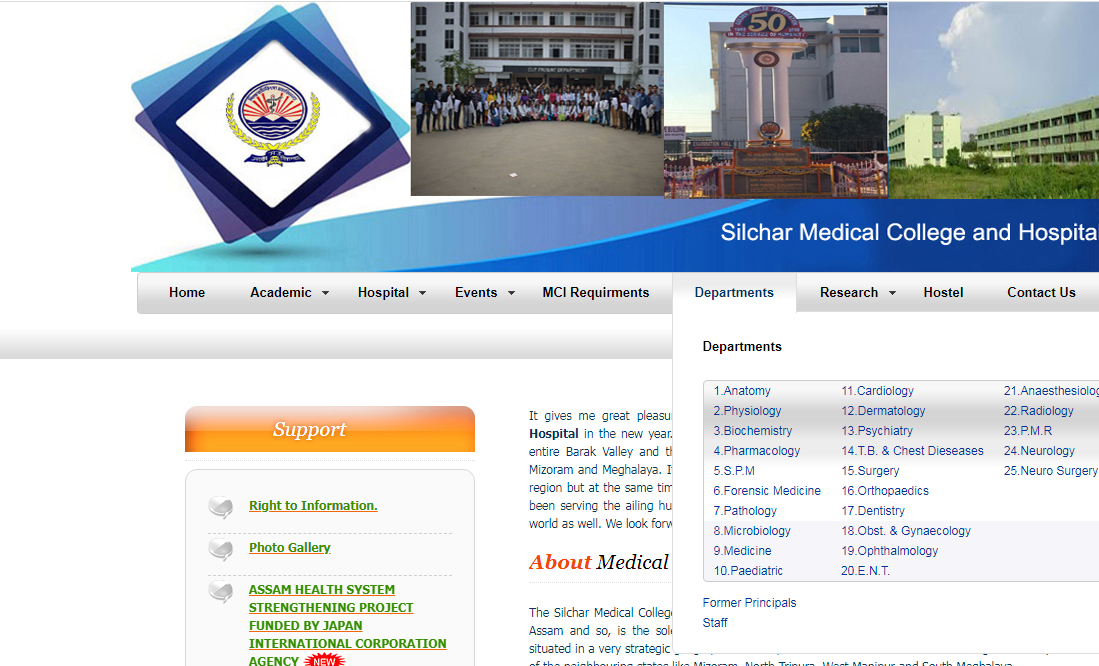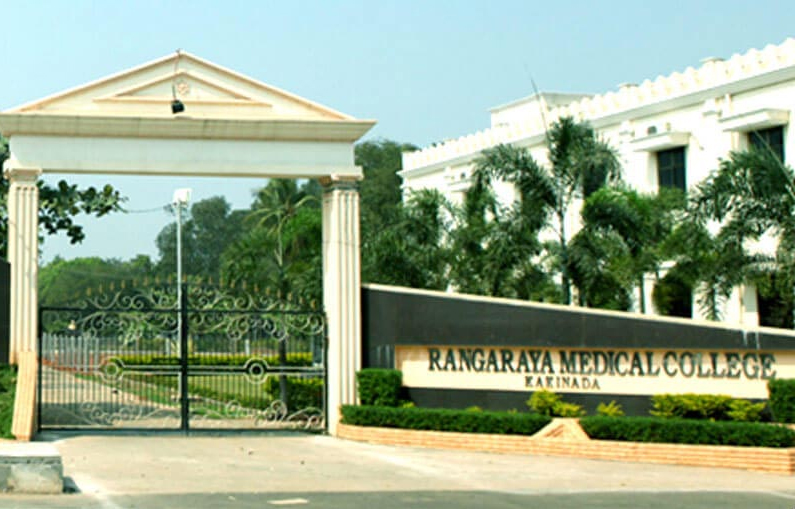Kurnool Medical College, Kurnool

When Andhra State was formed in October 1953, the Government of Andhra decided to start a medical college in the Rayalaseema region of the state. In Government Order Ms. No. 1835, Health, dated 29 November 1955, the government of Andhra passed orders to establish a medical college, the third one in the state at Kurnool. As the building was not ready for the college the government decided to admit 50 students intended for Kurnool Medical College at Kurnool City in July 1956.
- Read more about Kurnool Medical College, Kurnool
- Log in to post comments
- 116 views





